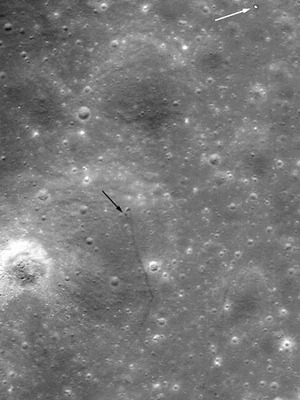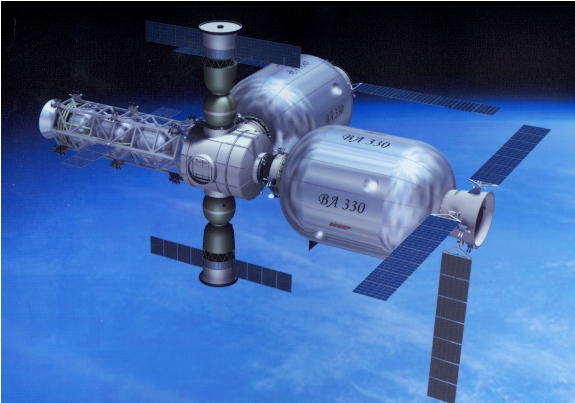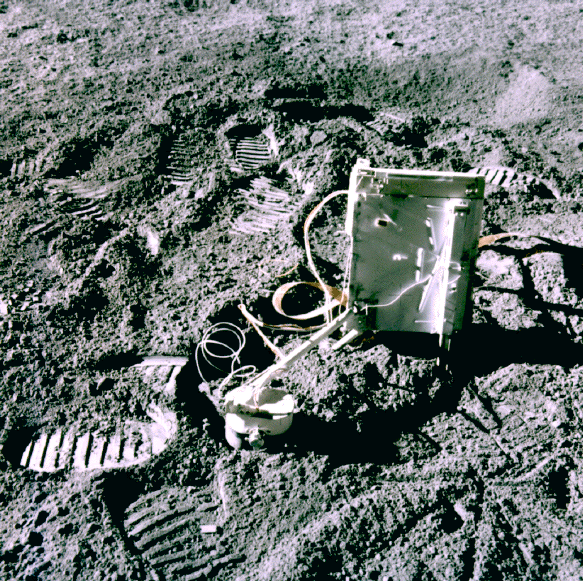Rover Spotted On The Moon
The Russian Lunar rover Lunokhod 2 was recently spotted on the Moon’s surface. As shown in the photo below, the black arrow indicates where the tracks begin, while the white one shows the resting place of the rover. The arrows were placed by Phil Stooke, geography professor at University of Western Ontario. Richard Garriott, a successful video game developer and one of fewer than 10 private citizens to travel into space is the current owner of Lunokhod 2. He acquired it for over $68,500 when it was listed for sale in 1993 Sotheby’s auction. After seeing those findings, he mentioned plans to go see the rover from lunar orbit, or…
Inflatable Space Stations
NASA is considering the use of inflatable modules for the International Space Station (ISS). This idea has been proposed as early as in the 1960s, but it has never been put to use in space until Bigelow Aerospace took over the idea and developed two working prototypes and tested them in space.
Did you know? The Moon has an Atmosphere
It is a common misconception that the Moon’s surface is a perfect vacuum. It is not! The Moon indeed has an atmosphere, a very tenuous one however. If you could capture the Moon’s entire atmosphere, it would weigh about 10,000 kg. In other words, it would weigh less than a large truck. Sources of the lunar atmosphere There are two main sources of the lunar atmosphere. One of them is outgassing, which is the release of gasses that originate from radioactive decay processes deep inside the crust and mantle of the Moon. The second source is through a process known as sputtering: atoms are ejected from solid materials on the…



